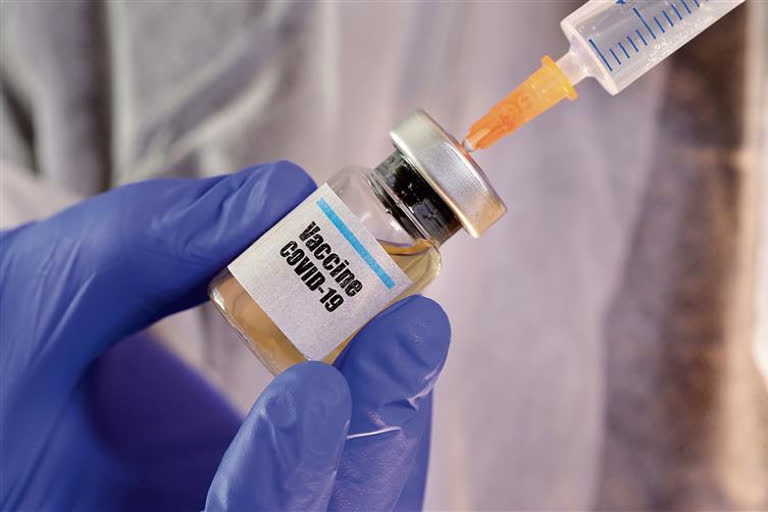New Delhi: Serum Institute of India (SII) said on Saturday that it will resume trials in India once the Drugs Controller General of India (DCGI) grants permission.
Adar Poonawalla, CEO, SII said in a tweet, "As I'd mentioned earlier, we should not jump to conclusions until the trials are fully concluded. The recent chain of events are a clear example why we should not bias the process and should respect the process till the end. Good news, @UniofOxford."
This comes after AstraZeneca announced that it has resumed trials in UK. On the India trials, SII said, "Once DCGI will give us the permission to restart the trials in India, we will resume the trials."
Clinical trials for the AstraZeneca Oxford Coronavirus vaccine, AZD1222, have resumed in the UK following confirmation by the Medicines Health Regulatory Authority (MHRA) that it was safe to do so.
Also Read: Oxford, AstraZeneca COVID-19 vaccine trials resume days after pause
On September 6, the standard review process triggered a voluntary pause to vaccination across all global trials to allow review of safety data by independent committees, and international regulators.
The UK committee has concluded its investigations and recommended to the MHRA that trials in the UK are safe to resume, AstraZeneca said on Saturday.
"AstraZeneca and the University of Oxford, as the trial sponsor, cannot disclose further medical information. All trial investigators and participants will be updated with the relevant information and this will be disclosed on global clinical registries, according to the clinical trial and regulatory standards," it added.
AstraZeneca is committed to the safety of trial participants and the highest standards of conduct in clinical trials.
"The Company will continue to work with health authorities across the world and be guided as to when other clinical trials can resume to provide the vaccine broadly, equitably and at no profit during this pandemic," the company said.
Also Read: DCGI issues show cause notice to SII for not pausing trial of COVID vaccine
AZD1222 was co-invented by the University of Oxford and its spin-out company, Vaccitech.
It uses a replication-deficient chimpanzee viral vector based on a weakened version of a common cold virus (adenovirus) that causes infections in chimpanzees and contains the genetic material of the SARS-CoV-2 virus spike protein.
After vaccination, the surface spike protein is produced, priming the immune system to attack the SARS-CoV-2 virus if it later infects the body.
India is the manufacturing partner of the COVID-19 vaccine candidate named Covishield, developed jointly by the University of Oxford's Jenner Institute's and AstraZeneca.
The Pune-based firm is looking after the trials at 17 trial sites across India.
(IANS Report)



